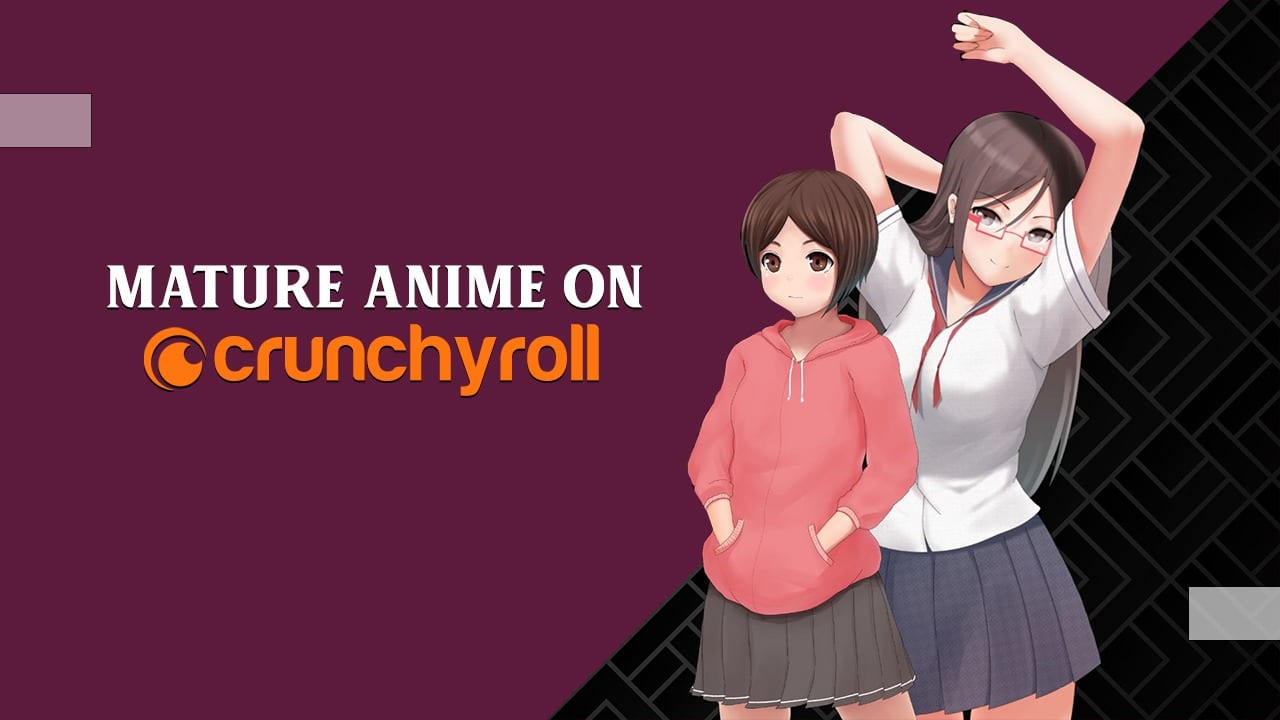The risk of getting piles during pregnancy is significantly higher. Research suggests that upto 50% women get piles during pregnancy or right after delivery. The weight of a growing baby causes constipation and more pressure on the veins. Which increases the chances of piles in pregnancy.
Are Piles Different During Pregnancy?
Piles are a serious disease and we should be open about it. But people avoid talking about them, especially during pregnancy. Piles, also known as hemorrhoids, are large and swollen veins inside or outside your anus. They can look like varicose veins when they are outside anus. Piles frequently develop during pregnancy. Usually, they develop in the third trimester. You may have piles only during pregnancy or you may have them at any stage of your life.
What To Expect If You Have Piles During Pregnancy
There are two types of piles. The first one is Internal Piles. These are inside your body. The second one is External Piles. These are outside your body. Your symptoms of piles may vary depending upon the type of piles you are suffering from. Below are the symptoms of piles during pregnancy.
- Swelling
- Discomfort
- Burning sensation
- Itching in anal region
- Painful bowel movements
- Raised area of skin near anus
- A tender lump on the edge of anus
- Blood during of after bowel movements
Usually, you experience all these symptoms when suffering from external piles. You may have no symptoms in case of suffering from internal piles. In case of external piles, you may also develop a blood clot, which is known as thrombosed piles. Generally, they are painful, hard and inflamed. It is possible to push out internal piles when you have bowel movement. If this happens, then you may experience pain, bleeding and discomfort.
What Causes Piles During Pregnancy?
Pregnancy can cause piles due to increased chances of constipation during pregnancy itself. Constipation is a situation when you have difficulty passing stool or you are unable to pass stool frequently. There are various aspects of pregnancy that can potentially cause constipation. This includes the following.
- Being less physically active.
- Taking calcium and iron supplements. These can cause constipation.
- Having lower levels of motilin. This is a hormone that increases intestinal movement.
- Having a higher level of progesterone. This makes it longer for stool to pass through the intestines.
Read More: Sport during Pregnancy: What should You Consider?
Uterus gets larger throughout the pregnancy. Because the weight and size of the child grow with time. This can slow down the fecal movement. Also, when you have constipation, the stool becomes dry and harder to pass. Then you may need to strain during a bowel movement. This can put extra pressure on the veins and lead to piles. Due to constipation, you may also sit on the toilet for longer to pass the stool. This can increase the chances of piles as well. A diet low in fiber, as well as a history of chronic constipation or diarrhea before your pregnancy, can also cause piles.
Do Piles Go Away On Their Own During Pregnancy?
Piles do not go away on their own during pregnancy. However, they may go away on their own completely after pregnancy. Because after pregnancy, your hormone levels, blood volume and intra-abdominal pressure decrease post-delivery. Usually, piles occur during the third trimester of pregnancy and during or immediately after delivery. However, you may develop piles from delivery if you experience more straining during the second stage of labor.
Treatment Of Piles During Pregnancy
There are several home remedies and changes in lifestyle that you can try to treat piles. However, it is not a good idea to ignore them. Because untreated piles may get worse with time and start causing complications such as excruciating pain and anemia. You may also need to consult an expert to diagnose and treat your piles.
Home Remedies For Piles During Pregnancy
There are various things you can do at your home that can help you in reducing the symptoms of piles and preventing the disease from developing. The following are the home remedies for piles.
- Try to avoid straining while bowel movements.
- You should use wipes or pads which contain witch hazel.
- Try to use gentle and flushable wipes when you use the toilet.
- You can use a sitz bath or soak in clean warm water for a few minutes. Do it 3-4 times a day to get good results.
- Add Epsom salt in warm water and take a bath. This helps in reducing the symptoms of piles.
- Avoid sitting for a long period of time as it increases pressure on your anus. Have a walk frequently.
- You can also hold an ice pack on the affected area for a few minutes. This reduces itching, swelling, and inflammation caused by piles.
- Drink adequate water and eat foods high in fiber. They keep the stool soft.
- You should perform kegel exercises as they strengthen your muscles.
Medical Treatment For Piles
Before using any home remedy to treat piles at home, you should see a doctor. Because this will ensure you go through a proper diagnosis and understand the best treatment available for you. During pregnancy, you should always talk to your doctor before taking any medications. This will make sure that the treatments do not pose any risk to you or to your baby. Your doctor may recommend a safe laxative or a suppository to get rid of constipation. Witch hazel may also be a good treatment for piles during pregnancy. But do consult your doctor before using it.
Also, your doctor may prescribe some oral treatments such as ruto-sides and hidrosmina. But they are not considered safe to use during pregnancy or breastfeeding. Topical treatments including pain-relieving or anti-inflammatory ingredients may be helpful to your piles. Make sure to discuss them with your doctor before you take them.
Medical for piles also includes the following:-
Rubber Band Ligation
It is a procedure in which piles are tied off at their base with rubber bands. These bands stop the blood flow to the piles and eventually the piles fall off or die within 1-2 week. Scar tissues are also formed during this procedure which helps in preventing the piles from recurring in the same place again.
Sclerotherapy
During this procedure, a chemical solution is injected directly into the piles. This causes the piles to shrink and form scar tissues. However, there are chances of piles to recur post-procedure.
Hemorrhoidectomy
This is a surgical procedure in which piles are removed. This treatment is only recommended for severe piles or when there are serious complications. During this surgical procedure, the doctor makes incisions around the anus to cut away the piles. Generally, this is an outpatient procedure where you can go home the same day. The surgery relieves the pain, swelling, bleeding, itching and discomfort caused by piles. However, you should expect pain post surgery as the incisions are made in a highly sensitive area.
Stapled Hemorrhoidectomy
This is a minimally invasive procedure to treat piles or prolapse. Prolapse is a condition in which the piles or anal tissues slip down out of the anal canal. During this procedure, a stapler-like device is used to reposition the piles and cut off the blood supply. This makes the piles shrink and die eventually. Recovery after this procedure is faster compared to traditional hemorrhoidectomy.
Laser Treatment
During this procedure, a precise laser beam is used to burn or shrink the piles tissues. This takes hardly 30-40 minutes to get completed. This is a painless and bloodless surgical procedure. The recovery post surgery is very fast compared to other treatments.
Conclusion
Piles during pregnancy are common. Therefore, it is important to seek proper treatment as soon as you notice any symptoms. Untreated piles can get worse with time and lead to other serious health conditions as well. There are various ways to treat piles. But consultation with a doctor before anything is always recommended.
Talk to your doctor about the best treatment available for your piles during pregnancy. In some cases, piles resolve on their own after delivery. However, if they persist, laser surgery is recommended. Because it is the best and permanent solution for piles.




































